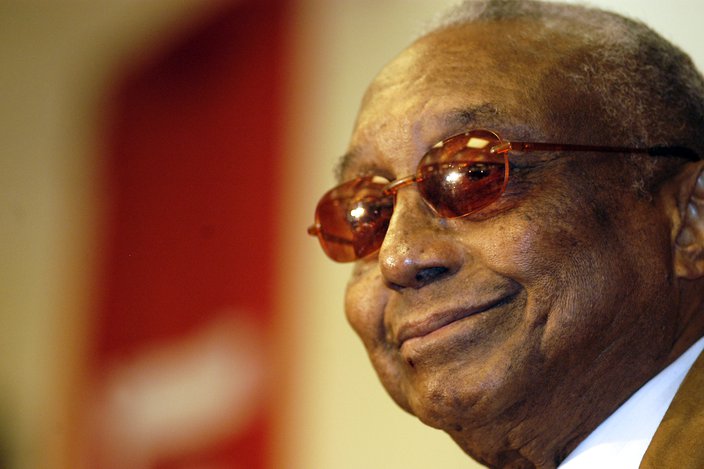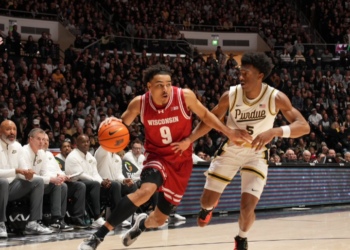By: Zach Draves
Famed Temple University Men’s Basketball Coach John Chaney, who passed away at the age of 89, was his own man.
He never let the deeply corrupted system of so-called amateur athletics stand in his way of not only becoming one of the most legendary coaches in history but of being on the right side of history when it really counted.
Over the course of 24 seasons, he led the Owls to 17 NCAA Tournament appearances during that span and compiled a record of 741-312. Temple also won six Atlantic 10 regular-season titles.
Coach Chaney was named Coach of the Year in 1988 and was inducted into the Basketball Hall of Fame in 2006.

(Courtesy: NBC Sports)
But beyond the numbers, it was his social impact that made him stand out.
Against the backdrop of the escalating war on drugs fueling the prison industrial complex, the deindustrialization of America, and high profile cases of police brutality that became evident in the 1980s and 1990s, Coach Chaney’s team became a safety net for young black men.

(Courtesy: CNBC)
A space where his players could be themselves.

(Courtesy: The New York Times)
In addition, he set up a justice league of black coaches with John Thompson and Nolan Richardson in the formation of the Black Coaches Association (BCA).
They advocated for the hiring of more black coaches in college sports.
BCA established alliances with civil rights groups.
Among them were the NAACP, Rainbow/Push, and the Congressional Black Caucus.
He and Coach Thompson were openly outspoken against Prop 42 and 48 introduced by the NCAA.
These were rules that said that amateur athletes could lose their freshman eligibility if they don’t meet certain academic standards.
They felt these propositions were racially biased and would deny opportunities for prospective athletes.
Coach Chaney was firmly aware of the broader social and economic structures resulting in racial disparities and did all that he could to remedy that.
He will be remembered as a transformative coach who not only was excellent when it came to Xs and Os, but of exuding a strong moral and social excellence.
A man who brought the W.E.B. DuBois ethos of the double consciousness to coaching of operating within the oppressive system of college athletics but staying true to his principles and working to address systemic injustices.
A mentor, father figure, and leader in every sense.

(Courtesy: The Athletic)
Rest in Power.


 NFL
NFL





